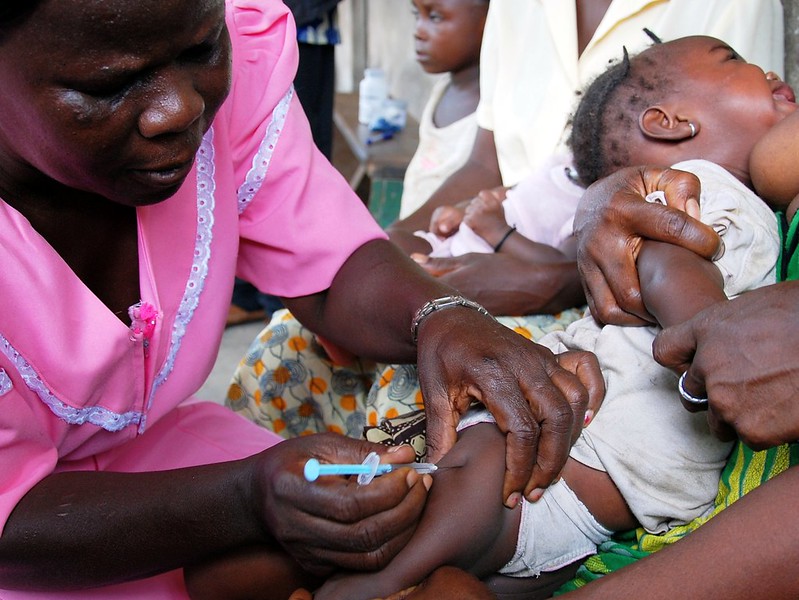The Longitude Prize on antimicrobial resistance (AMR) was awarded to Sysmex Astrego AB yesterday for the development of a rapid antimicrobial susceptibility test for urinary tract infections (UTIs).
The PA-100 AST System, developed at Sweden's Uppsala University, uses nanofluidic technology to detect bacteria in a urine sample in 15 minutes and identify the right antibiotic in as little as 45 minutes, and requires no specialized laboratory testing expertise. Sysmex Astrego was among more than 250 teams vying for the £8 million (US $10.2 million) prize, which aims to incentivize the development of transformative point-of-care tests that will improve antibiotic treatment decisions.
"Winning the Longitude Prize is the first true and biggest recognition that what we have been doing all these years was for a very important global cause," Ozden Baltekin, PhD, Sysmex Astrego director of program management, said in a press release.
Sysmex Astrego launched the PA-100 AST System in Europe in 2023. The company says the prize will enable it to accelerate efforts to expand the global market for the test.
CARB-X to fund rapid test for chlamydia, gonorrhea
In other diagnostic news, CARB-X announced today that it will award Fuse Diagnostics up to $1 million to develop a rapid diagnostic test for chlamydia and gonorrhea.
The funding will help Fuse demonstrate proof-of-concept and feasibility of Apex CT/NG, a molecular, instrument-free diagnostic for the detection of Chlamydia trachomiti and Neisseria gonorrhoeae. The hope is that the low-cost test would be ideally suited for areas in low- and middle-income countries with limited access to secondary healthcare and centralized laboratory testing.
According to the World Health Organization, there were an estimated 129 million chlamydia and 82 million gonorrhea infections in 2020. If left untreated, they can cause pelvic inflammatory disease and infertility in women.
"We need rapid diagnostics that allow healthcare workers to test and treat gonorrhea out of the gate, as inappropriate treatment has led to the point that only one effective antibiotic remains," Erin Duffy, PhD, chief of research and development at CARB-X (Combating Antibiotic-Resistant Bacteria Biopharmaceutical Accelerator), said in a press release.

















